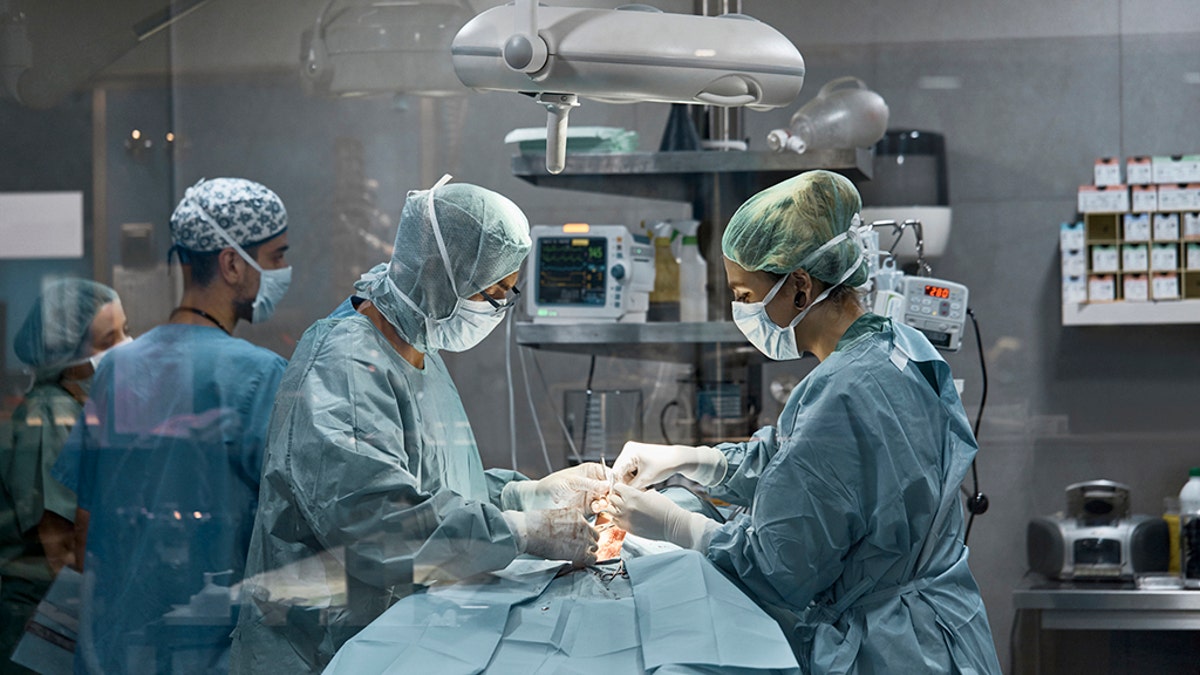
The man underwent the surgery in July. (iStock)
A man in Washington state is the first in the Pacific Northwest to deliberately receive a heart from a donor who was infected with hepatitis C, according to a local report.
Kerry Hayes, 49, was born with a heart murmur that was a result of an issue with his aortic valve. The issue got worse as Hayes got older, leading him to undergo multiple surgeries and eventually receive an artificial heart, The Seattle Times reported.
MOM WHOSE SEARCH FOR BONE MARROW DONOR WENT VIRAL WHILE PREGNANT GETS TRANSPLANT
Last summer, however, the man’s doctors approached him with a unique proposal: choosing a heart from a donor who was infected with hepatitis C, a liver infection caused by a virus of the same name. Unlike hepatitis A and B, hepatitis C is not preventable with a vaccine, according to the Center for Disease Control and Prevention (CDC). But Hayes’ doctors encouraged him to choose the option as the disease reportedly has a 99 percent cure rate with treatment, according to The Seattle Times.
“At that point, it convinced me it was worth the risk,” he told the publication. “I had to do something. Living with a total artificial heart is not a long-term cure.”
In July, Hayes — who lived an active lifestyle that included hunting, fishing, and hiking before he received an artificial heart — underwent the heart surgery at the University of Washington Medical Center. Shortly after, he contracted the infection. But following an 8-week antiviral treatment plan, the man was determined to be hepatitis C-free in December.
LOUISIANA MOM DONATES KIDNEY TO 12-YEAR-OLD DAUGHTER, GIVES HER ‘LIFE AGAIN’
The option for heart-transplant candidates to now receive the organ from a donor who has been infected with hepatitis C means there could be “a 10-12 percent increase in transplants” at the medical center, Jason Smith, the associate director of cardiac transplant and mechanical circulatory support, said.
“We hope Mr. Hayes’ positive outcome gives confidence to other transplant candidates who might benefit by opting into this protocol,” Smith told The Seattle Times. “Patients have been very receptive to being listed for these organs because it gives them the chance to get a heart potentially much sooner than they would otherwise.”
